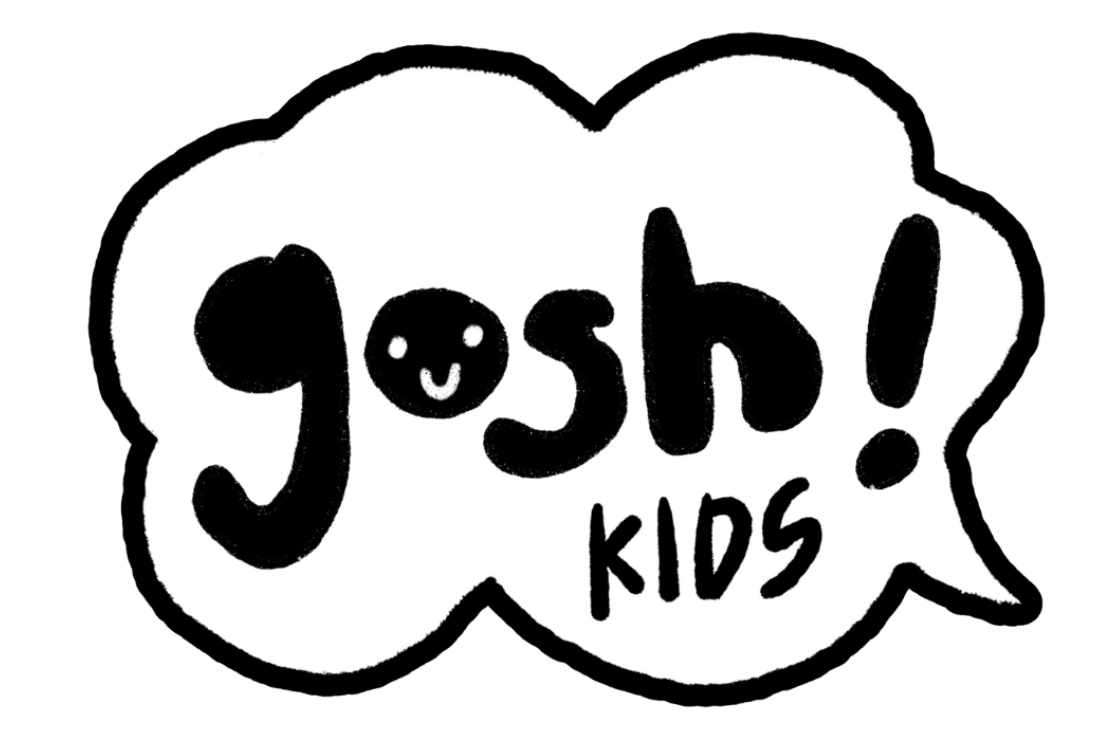Father’s Day or Not, Remember This
Life was hard for Bill Russell. He was, after all, a black man growing up in 1940s Monroe, Louisiana. It was a segregated city. Racism, vice, and all sorts of debauchery were prevalent. His dad, being unemployed, decided to move the family of four to Oakland, California, in hopes of a better life. Still, opportunities were scarce. They had to suffer through bouts of poverty, jumping between public housing projects, doing everything and anything to make ends meet.
Eventually, his father found a job as a truck driver, which meant he had to spend long hours on the road, away from the family. And when things were seemingly better, his mother suddenly died, leaving the three of them to fend for themselves.
Given the circumstances, it would’ve seemed perfectly normal for Russell and his brother to feel sorry for themselves. Given the circumstances, no one would have blamed their father if he would to lose all hope. But he did not—in fact, it was what their father forbade them to do. Pull yourself together, Russell would recall his father saying. Rather than focusing on the bad luck that had plagued them for most of their lives, their father would emphasise the things they’d have to learn to do for themselves. It was the pep talk Russell would forever remember, one that would preface those given by the greatest leaders and coaches he would eventually come under in the NBA.
“We're gonna cook. We're gonna wash. We're gonna get along,” his father said. “And remember, I’ve got to work. When I come home, I’m gonna be half hot anyway and I don’t want to be raising hell with you about nothing.” It wasn’t instruction Russell’s father was laying out; it was a matter of principle. It was the direction he was pointing them towards. It was, against all odds, the mandate they were expected to uphold. “We're gonna wash our clothes. We're gonna keep our bed clean. We're gonna live like people. And you two are gonna get an education.”
And an education they got.
It wasn’t easy at first. Russell was cut twice from the high school basketball team at McClymonds. He worked on his fundamentals, determined to improve. His hard work paid off when he earned a scholarship to the University of San Francisco. There, he exploded in stature and skill. He broke all sorts of NCAA records. He went pro and played 13 seasons for the Boston Celtics, winning 11 NBA titles. He led the U.S. national basketball team to a gold medal in the 1956 Olympics. Arguably, he could have been the greatest basketball player of all time.
His brother Charlie, too, tasted his own share of success. He became an award-winning playwright, most known for his depictions of working-class African-American families. It was the happy ending all parents wish for their kids. And somehow, through blood, sweat, and tears, it came to past.
Wins, they don't always happen. They come by every now and then, sometimes after a very long time, sometimes not at all. And the losing? We tend to hide it, hoping our kids stay blind to its existence. But do we really think that by doing that, we're protecting their self-esteem and sense of worth? What message are we passing on? "You don't get what you want all the time," Ryan Reynolds once said. "Something you worked on really hard didn't work. You feel like you said something embarrassing today, you did something that didn't sit right with you. It's just so important that [your kids] see that and they don't just hear, 'Oh Dad nailed it.' Because you lose so much more than you win."
Our job is not just to elevate them in times of victory. Our job is to lift them up even in times of defeat. And when we do that, we go higher. We'd always do.
This Father’s Day—or not—let us remember: you are there for a reason. You're there for your kids to look up to. When things are going awry, they look to you. To know if it can be done, regardless of circumstances, regardless of position in life, they look to you. So keep fighting on. Show our kids that we keep fighting on.
Remember this.
You are there for a reason.

